Breaking into the World of PC Game Development
6 December 2024
So, you’ve been bitten by the game dev bug, huh? Maybe you’ve spent countless hours immersed in sprawling RPGs, strategized your way to victory in competitive RTS games, or laughed until your sides hurt playing indie gems. At some point, a thought crossed your mind: “What if I could make one of these?”
The world of PC game development is as thrilling as it is intimidating. Where do you even start? What tools do you use? And how do you turn your game idea into something people actually want to play? Well, buckle up because we’re diving headfirst into how you can break into this exciting, yet demanding world. Whether you're a tech whiz or a complete newbie, there's a place for you here.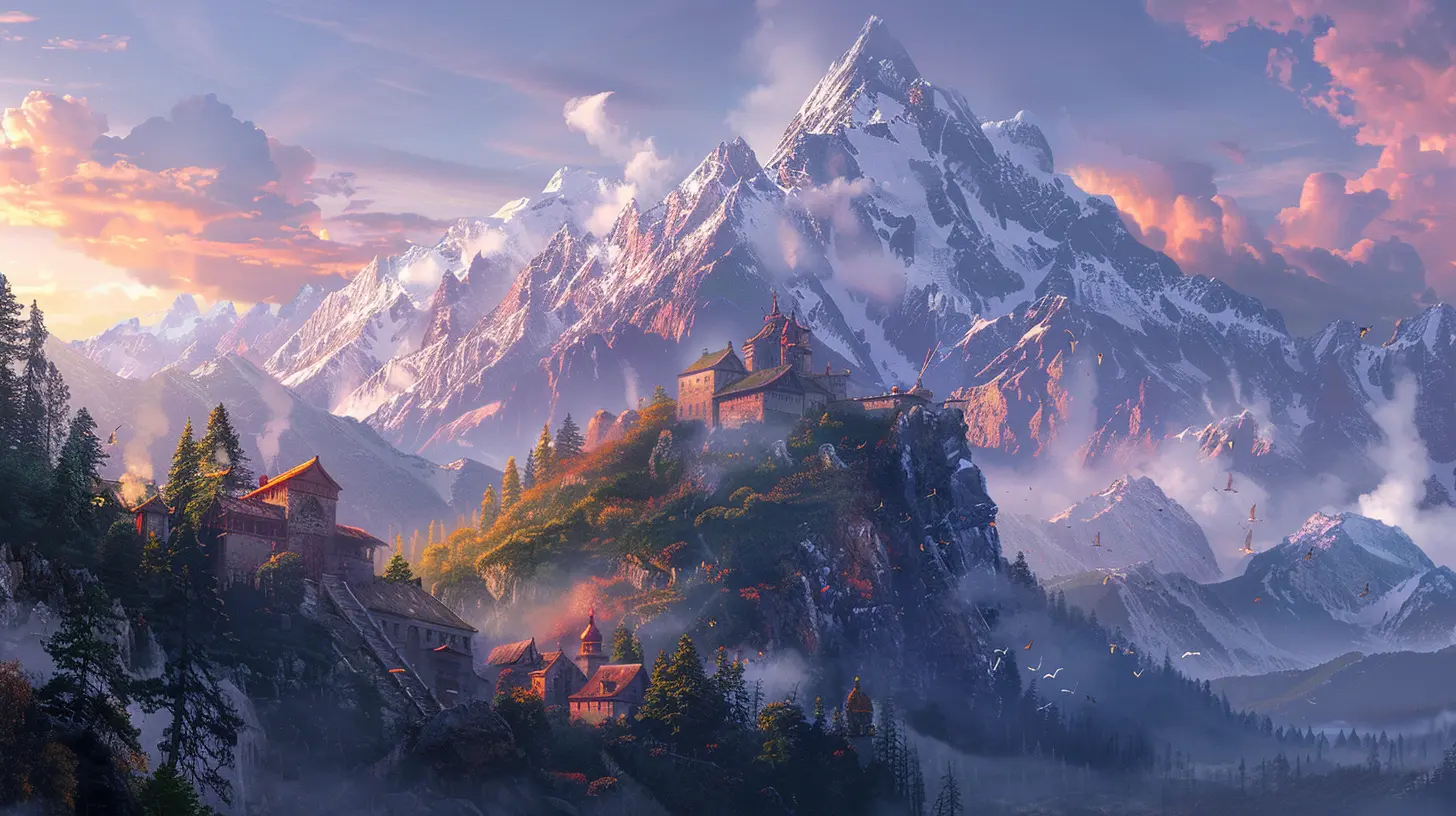
Where Do You Start?
Let’s talk foundation. Every great game developer starts somewhere—no one wakes up knowing how to code or design 3D assets. The good news? You don’t need a degree from a fancy school or a supercomputer to get started. What you do need is passion, persistence, and a willingness to learn.Understanding Your Motivation
First, answer this: Why do you want to make games? Is it for the love of storytelling, to create breathtaking visuals, or maybe to challenge players with intricate mechanics? Understanding your “why” is crucial because game dev isn’t always a smooth ride. It can get messy, frustrating, and downright exhausting. But if you have that burning passion, it’ll fuel you through the tough times.Learn the Basics of Game Design
Game design is more than just throwing characters and levels together. It’s about crafting an experience. What makes a game fun? Why do players keep coming back? That’s the kind of stuff you need to understand.Start by reading up on game design theory or analyzing your favorite games. Why does your go-to RPG make leveling up feel so satisfying? How does a horror game build suspense? Think of it like learning how to cook—before you create your masterpiece, you need to figure out how flavors work together. 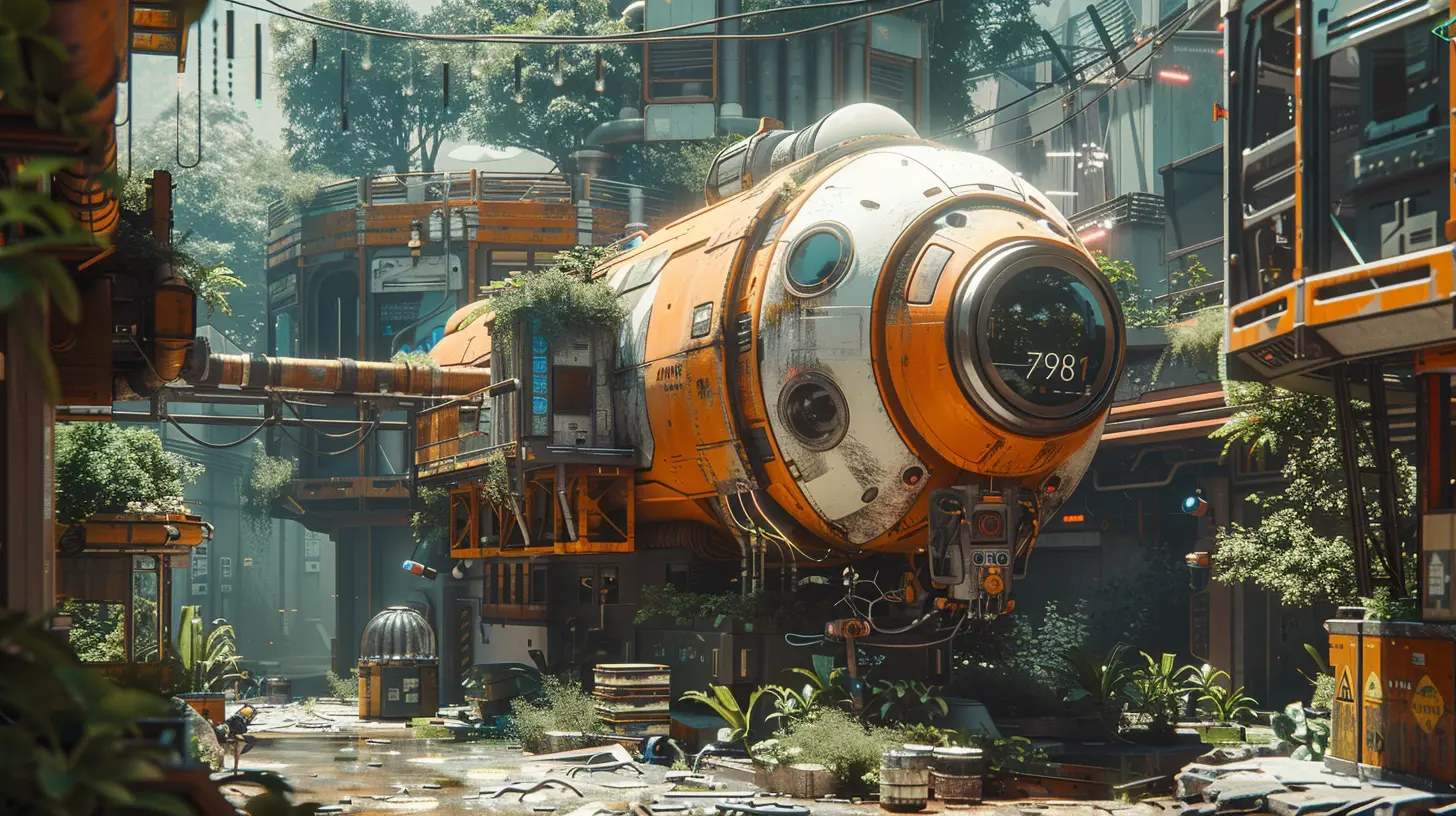
Choose Your Tools
Here’s the exciting part: Thanks to modern technology, the barriers to entry for game development have never been lower. There’s a wide range of tools and engines available, and many of them are free or relatively affordable. But which one should you choose?Game Engines: The Heart of Your Creation
A game engine is your playground—the software that helps you design, code, and bring your game to life. The two big players in the industry are Unity and Unreal Engine.- Unity: Often referred to as the jack-of-all-trades, Unity is perfect for beginners and indie developers. It’s versatile, supports 2D and 3D games, and has a massive community (so you’ll never be short of tutorials or forums for help). Plus, it uses C#, which is a relatively beginner-friendly programming language.
- Unreal Engine: If you’re looking for jaw-dropping graphics and cinematic-quality visuals, Unreal Engine is your go-to. It’s a bit more advanced and uses C++ (which has a steeper learning curve), but it’s an industry favorite for AAA titles.
Other beginner-friendly engines like Godot (free and open-source) and GameMaker Studio (great for 2D games) are worth exploring too.
Other Tools You’ll Need
- Art and Design Software: Photoshop is a classic for creating 2D assets, but tools like Krita (free) or GIMP can work just as well. For 3D modeling? Software like Blender is your best friend—it’s free, powerful, and widely used.- Sound and Music Tools: Audio is half the gaming experience. Tools like Audacity (audio editing) or LMMS (music creation) are great starting points.
- Version Control: If you’re working on a team or even solo, version control systems like Git, paired with GitHub, will save you a ton of headaches when it comes to managing your project.
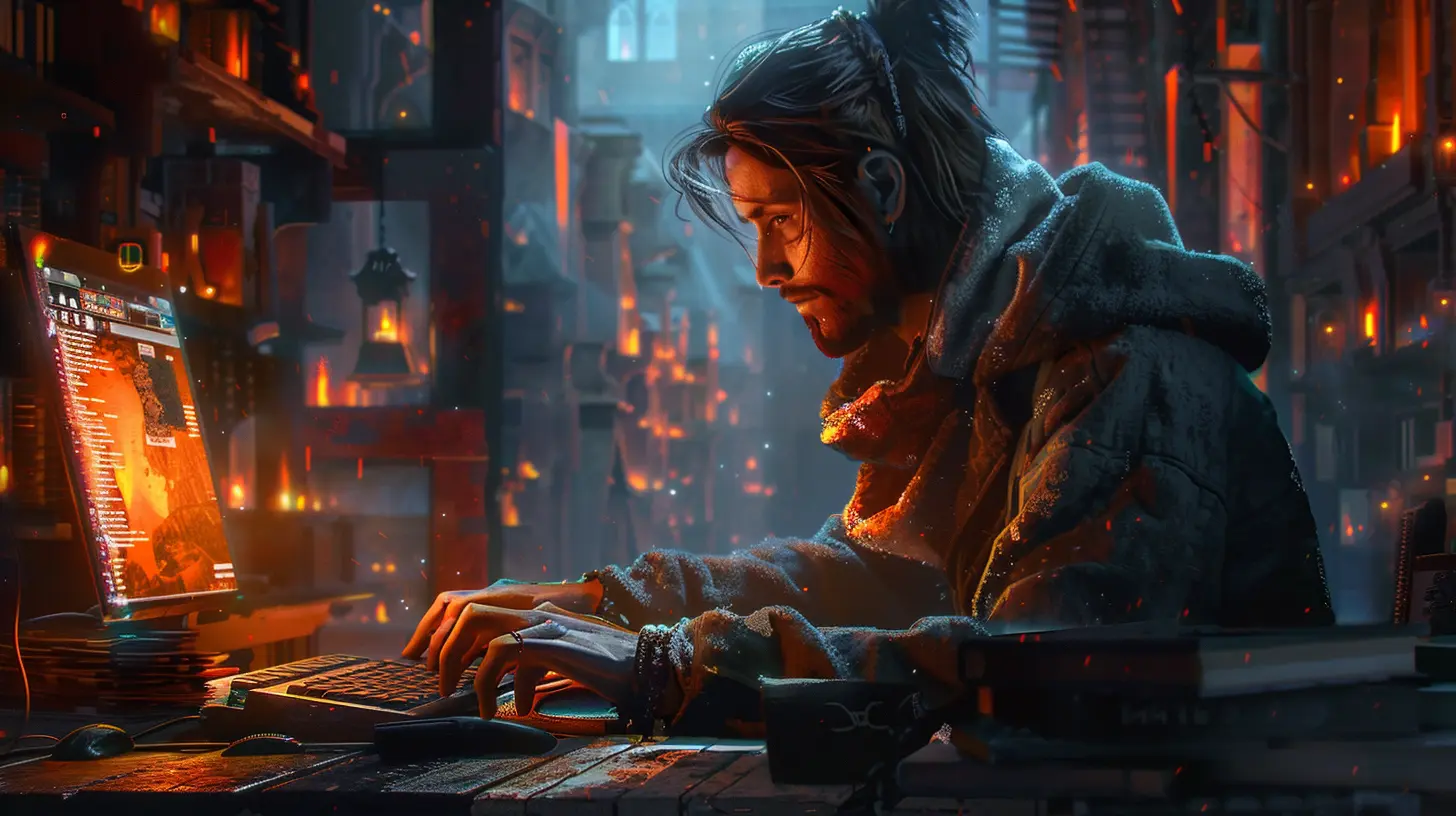
Learn to Code
Ah, coding—the magic wand that makes everything work. If you’ve never touched a line of code in your life, don’t panic. Learning to program isn’t as scary as it sounds. It’s like learning a new language, and trust me, if I can do it, so can you.Which Programming Language Should You Learn?
Different game engines use different programming languages. For Unity, you’ll need to learn C#. For Unreal Engine, it’s C++. If you’re dabbling with simpler engines like GameMaker, you might use GML (GameMaker Language).Not sure where to start? Platforms like Codecademy, Udemy, or YouTube have beginner-friendly tutorials that’ll have you coding in no time. Don’t stress about becoming an expert overnight. Start small—create a basic “Hello World” program, then build your way up to simple games like Pong or Snake. 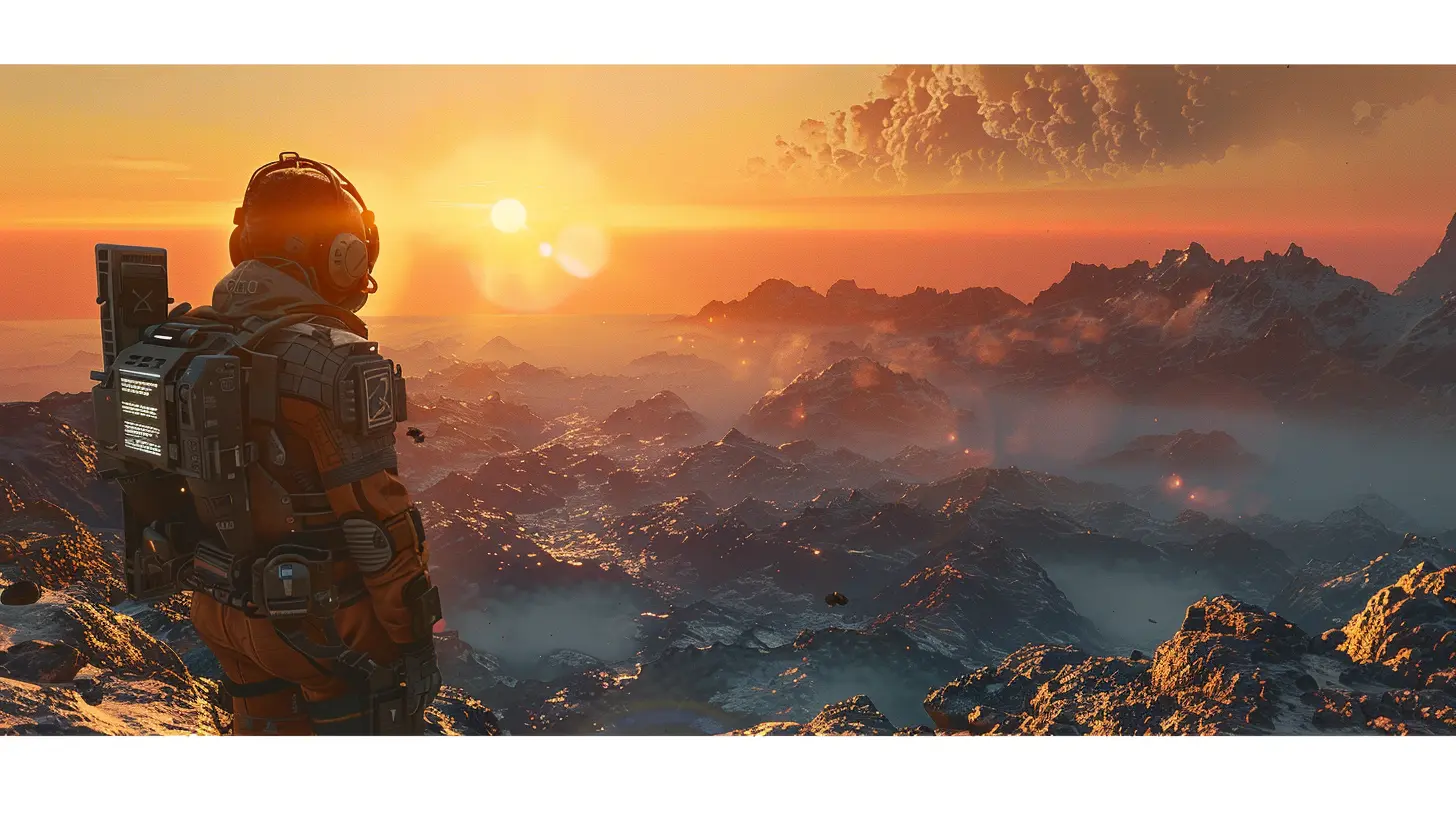
The Art of Storytelling and World-Building
Games are interactive stories at their core. Even if your game isn’t narrative-heavy, creating a sense of immersion is critical. Think about the world you’re designing. What’s its history? What’s the mood? Even minimalist games like Undertale or Journey deliver powerful stories through clever design and world-building.If writing isn’t your strong suit, partner up with someone who loves crafting stories. Game development is a team sport, and collaborating often leads to better results.
Prototypes: Start Small, Dream Big
Here’s the thing: Nobody, literally nobody, creates a blockbuster game on their first try. You’ll probably start with something simple—a prototype that explores one idea or mechanic. The goal here isn’t to make it perfect but to try.Got an idea for a game? Break it down to its core concept and build around that. Want to make an RPG? Start by creating a basic inventory system. Dreaming of a platformer? Design a single level. Think of your prototype as a rough sketch of a painting—it doesn’t have to be pretty, but it’ll set the stage for your masterpiece.
Build a Portfolio
Once you’ve got a few prototypes or small games under your belt, it’s time to show them off. Your portfolio is your golden ticket into the industry. It’s proof of what you’ve learned and what you’re capable of.What Should Your Portfolio Include?
Your portfolio doesn’t need to be jam-packed with dozens of projects. A handful of polished, thoughtful games or mechanics is more impressive than a pile of mediocre ones. Include:1. A playable version of your games (web demos work great).
2. A short description of your contribution (especially for team projects).
3. The tools, engines, and languages you used.
Consider platforms like Itch.io to share your games. It’s a great place to get feedback from other developers and players.
Get Involved in the Community
The gaming community is enormous, and there’s so much to gain from getting involved. Join forums, attend game jams, and connect with other developers on social media or platforms like Discord. Game jams, in particular, are fantastic for learning and networking. They’re like hackathons for games—time-limited challenges where you create a game from scratch with a team (or solo).Why Networking Matters
Here’s the truth: Relationships can open doors. Whether it’s finding collaborators, mentors, or even job opportunities, the connections you make can be invaluable. Plus, it’s nice to have people who “get it” when you’re pulling your hair out over a tricky bug.Breaking Into the Industry
After you’ve honed your skills, built a portfolio, and networked your heart out, you might be wondering how to actually “break in.” There are a few ways to go about it:- Indie Development: Release your own games. It’s risky but rewarding. Start small, crowdfund if needed, and build a reputation.
- Freelancing: Offer your skills (coding, art, music) to other developers or studios.
- Join a Studio: Apply for entry-level positions at game studios—junior programmer, QA tester, level designer, etc. Your portfolio will be your biggest asset here.
- Modding: Modifying existing games is another way to get your foot in the door. Many developers started by creating mods for titles like Skyrim or Half-Life.
Patience: Your Secret Weapon
Let me be real with you for a second—game development takes time. Lots of it. It’s easy to get discouraged when progress feels slow, but remember, even the pros started as beginners. Celebrate small wins, learn from your mistakes, and keep going.all images in this post were generated using AI tools
Category:
Pc GamesAuthor:

Madeleine McCaffrey
Discussion
rate this article
13 comments
Hunter Roberts
I’m fascinated by the journey of PC game development! What are the biggest hurdles aspiring developers face when starting out? Also, how crucial is community feedback during the creation process? Looking forward to hearing more insights from those experienced in this field!
February 2, 2025 at 5:42 PM

Madeleine McCaffrey
Aspiring developers often face hurdles like limited resources, technical skills, and market competition. Community feedback is crucial; it helps refine ideas, improves gameplay, and builds a loyal audience. Engaging with players early can significantly enhance the development process!
Arianth Matthews
Unlocking the secrets of PC game development is like venturing into a hidden realm, where creativity meets code and countless mysteries await. Each keystroke can shape a universe, but beware—the path is fraught with unseen challenges. Will you harness the magic, or get lost in the labyrinth of possibilities?
January 27, 2025 at 6:05 PM

Madeleine McCaffrey
Absolutely! Game development is an exciting journey filled with exploration and innovation, but it's essential to embrace both the creativity and the challenges that come with it. Ready to dive in?
Oriel Jenkins
What an exciting read! Breaking into PC game development is such a thrilling adventure. The passion and creativity involved are truly inspiring. Can't wait to see how new developers bring fresh ideas to life! Here’s to a vibrant future in gaming! 🎮✨
January 23, 2025 at 3:37 AM

Madeleine McCaffrey
Thank you! I'm glad you enjoyed it! Exciting times indeed for new developers—can't wait to see what they create! 🎮✨
Samantha Barnes
Essential insights for aspiring game developers.
January 19, 2025 at 5:55 PM

Madeleine McCaffrey
Thank you! I’m glad you found the insights helpful for your journey in game development!
Elin Jacobs
This article astutely highlights the challenges and opportunities in PC game development. It effectively discusses the importance of community support, learning resources, and the balance between creativity and technical skills. Aspiring developers can gain valuable insights on navigating this dynamic industry landscape.
January 16, 2025 at 6:14 PM

Madeleine McCaffrey
Thank you for your thoughtful comment! I'm glad you found the article insightful and helpful for aspiring developers. Your feedback is much appreciated!
Dahlia Middleton
Inspiring insights for aspiring game developers await!
January 12, 2025 at 4:34 PM

Madeleine McCaffrey
Thank you! I'm glad you found it inspiring. Happy developing!
Eleanor Porter
Great article! It effectively highlights the essential steps for aspiring developers, from mastering programming languages to understanding game engines like Unity and Unreal. Emphasizing the importance of community and networking also provides valuable insights. This guide will surely inspire many to take their first steps into PC game development!
January 6, 2025 at 5:03 PM

Madeleine McCaffrey
Thank you for the kind words! I'm glad you found the article helpful and inspiring for aspiring developers.
Raine Jordan
Great insights on starting a journey in PC game development! The tips on learning programming and collaborating with others are invaluable for aspiring developers looking to make their mark.
January 3, 2025 at 4:17 PM

Madeleine McCaffrey
Thank you! I’m glad you found the insights helpful. Best of luck on your game development journey!
Zorion McCaw
This article offers valuable insights for aspiring PC game developers. The step-by-step guidance on tools, resources, and industry tips is particularly helpful. It highlights the importance of perseverance and creativity in this competitive field. I’m excited to see more content like this that inspires new developers to start their journey!
December 29, 2024 at 4:00 PM

Madeleine McCaffrey
Thank you for your kind words! I'm glad you found the article helpful and inspiring. Stay tuned for more insights to support aspiring developers!
Mabel Mahoney
Great article! It’s inspiring to see the steps for aspiring developers. The insights on tools and community support are especially valuable for newcomers.
December 22, 2024 at 3:36 AM

Madeleine McCaffrey
Thank you for your kind words! I'm glad you found the insights helpful for aspiring developers. Best of luck on your game development journey!
Everett Stewart
Breaking into PC game dev? Just remember: talent gets you in, but a killer attitude and a touch of sass keep you in the game!
December 15, 2024 at 4:55 PM

Madeleine McCaffrey
Absolutely! Talent is essential, but perseverance and a positive attitude are what truly sustain a career in game development. Keep pushing forward!
Shannon Meyers
Breaking into PC game development is like coding your way through a maze—full of challenges, but with the right tools and passion, you'll find your exit to creativity!
December 12, 2024 at 4:01 PM

Madeleine McCaffrey
Absolutely! With determination and the right resources, navigating the challenges of PC game development can lead to incredible creative rewards. Keep pushing forward!
Callie Smith
Breaking into PC game development can be both challenging and exhilarating. Remember, every expert was once a beginner, and your passion is your greatest asset. Embrace the learning journey, connect with others in the community, and don’t hesitate to share your unique voice and creativity. You've got this!
December 7, 2024 at 3:53 AM

Madeleine McCaffrey
Thank you! Your encouragement means a lot. Embracing the journey and connecting with the community truly makes a difference.
MORE POSTS
The Pixelated Heroes We Grew Up With

The Rarest Legendary Drops in Gaming History

The Importance of World Consistency in RPG Storytelling

Why Some Games Age Like Fine Wine

Best Games for Teens to Play With Friends
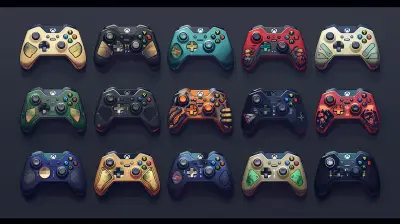
The Evolution of the Xbox Controller: A Complete Breakdown

Balancing Expectations: A Deep Dive into Early Access Development

Talking to Developers: How Monetization Decisions Shape a Game’s Future

Chasing The Myth: Why Legendary Items Are So Addictive